Reforest'Action is still committed to restoring the dry forest on the Reunion Island. Since 2018, we have financed 70,000 trees. Although forestry work was slightly delayed during last spring, due to health measures related to the COVID-19 pandemic, the project is now nearing successful completion. Plantations will resume in November 2020, and we will reach an overall target of 80,000 young trees of about 50 native tree species, reintroduced into the Reunion's dry forest by December.
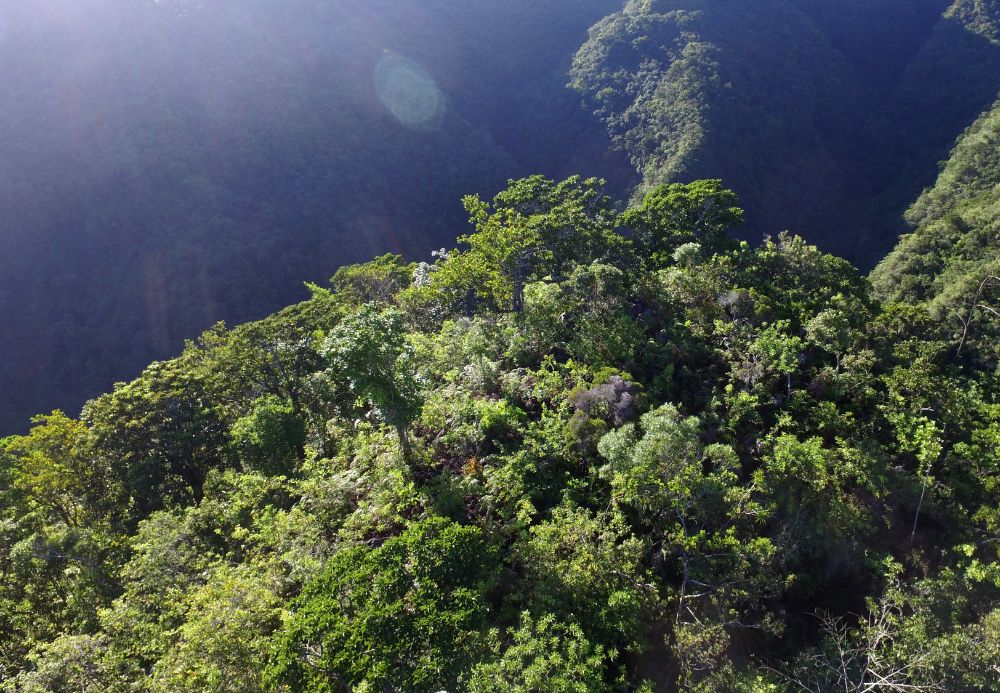
Why plant trees in the Reunion Island ?
Conducted in collaboration with the National Park of the Reunion Island and the "Conservatoire du Littoral", our reforestation project in the Reunion Island is led in the field by the European project LIFE + Dry Forest. The objective ? To restore the local dry forest of which only a few relics remain. The latter is indeed under increasing pressure from invasive exotic species, which threaten the unique biodiversity of this ecosystem. By allowing a young forest to emerge, the project aims at restoring the island's endemic fauna and flora, which have gradually disappeared over the last four centuries.
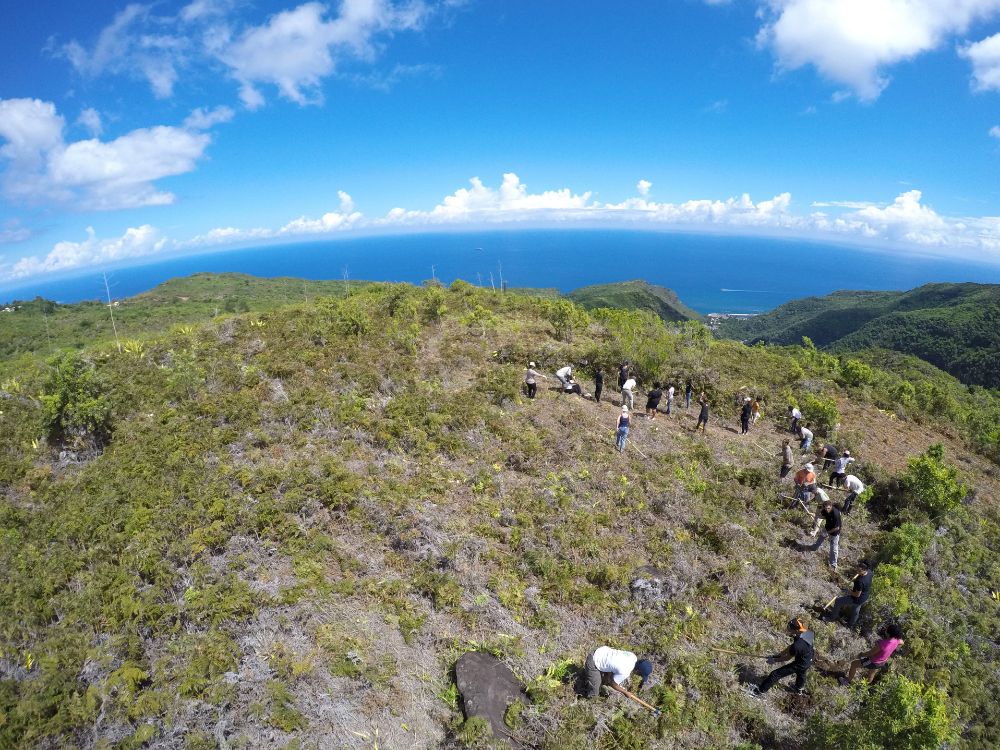
Project management in the field
The actions carried out within the project framework over the past year have aimed, in particular, at eliminating invasive plants on future planting sites, at maintaining the planted trees, at pursuing the plantation work and at raising awareness among pupils in the region on the importance of preserving the dry forest.
The preparation of plots through the control of invasive plants
From September to December 2019, the field teams carried out activities to fight against invasive exotic species, to the point of uncovering the reintroduction plots. Choca, Galabert, Pink berries, Fake white pepper and Beef tobacco were cut down in order to give way to future endemic and indigenous trees. Without this human intervention, the invasive plants, imported through international trade, would have taken over from the endemic species of the Réunion's dry forest, which is a shelter for a precious biodiversity.
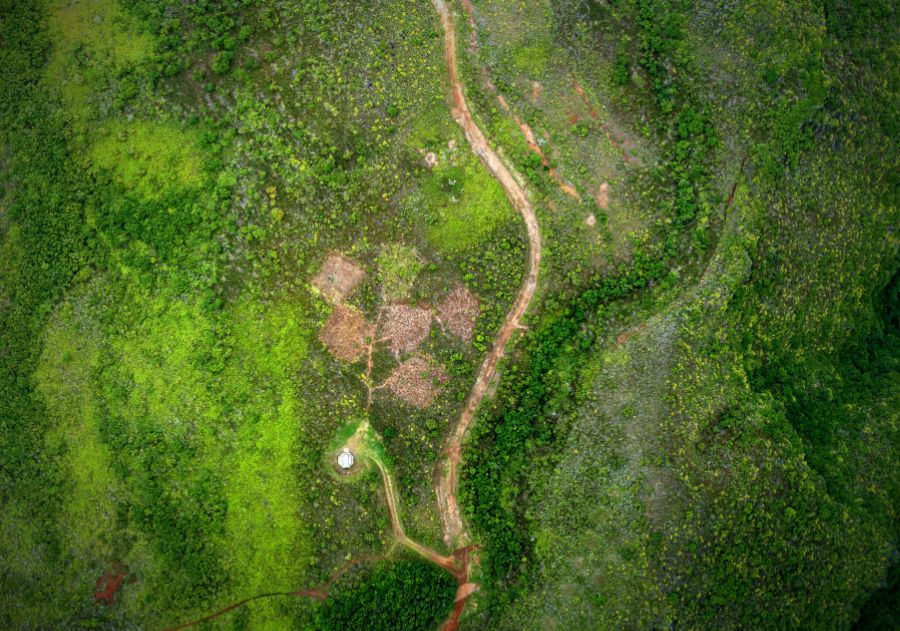
The planting of endemic species
From December 2019 to March 2020, until the outbreak of COVID 19, forestry workers managed the planting of native tree species to reforest the upper reaches of the Grande Chaloupe. Sweet-smelling wood, sand wood, arnette wood and even "bois de joli cœur" took root in the mountains, restoring the island's dry forest. Although their work was interrupted by the lockdown, it will resume in November, at the start of the rainy season, to plant the remaining 8,500 plants as part of the project.
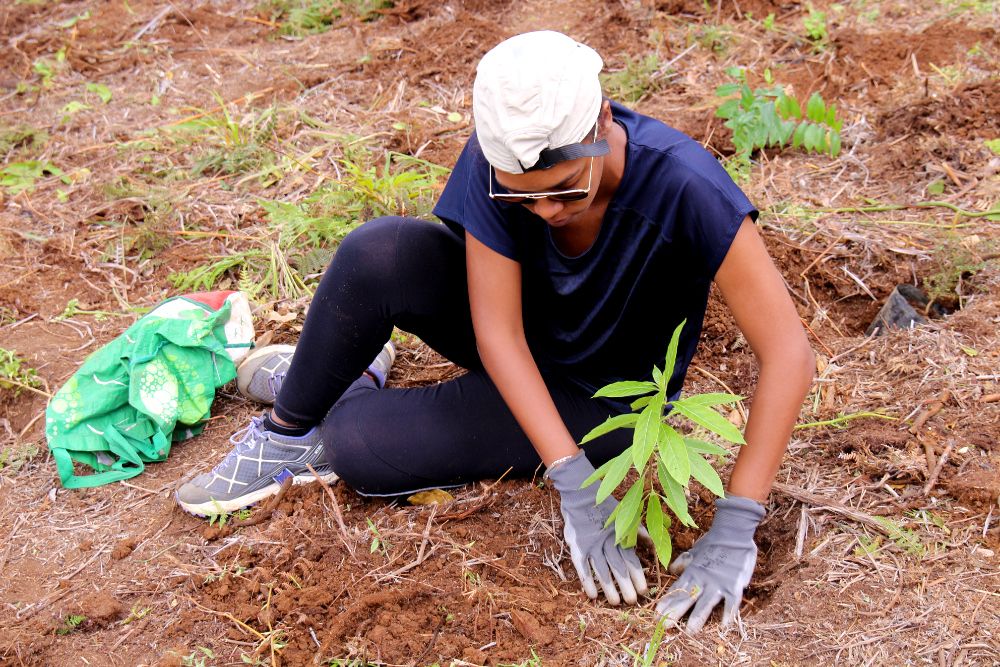
Monitoring of the planted trees
Since May 2020 and the island's deconfinement, the post-planting monitoring operations carried out by the Reunion National Park have been able to resume on the ground, and will continue over the coming years. This monitoring will be supplemented by operations which aim at fighting against exotic species, led by the Conservatoire du littoral, until the replanted native species form a watertight layer against a potential re-invasion of exotic plants. Today, 40% of the plantations are protected from the threat of invasive species, while the rest of the plots still require monitoring and maintenance work.

Monitoring of Bourbon Green Geckos populations
Following the translocation of 50 Bourbon Green Geckos in April 2018, National Park agents are monitoring the survival, reproduction and movements of this endemic animal species within the ecological corridor that has been created for them in the "Massif de La Montagne". This monitoring will continue over the next 20 years and will enable the success of the Geckos' reintroduction to be evaluated. As a pollinator, this species will actively contribute to the dry forest's regeneration.
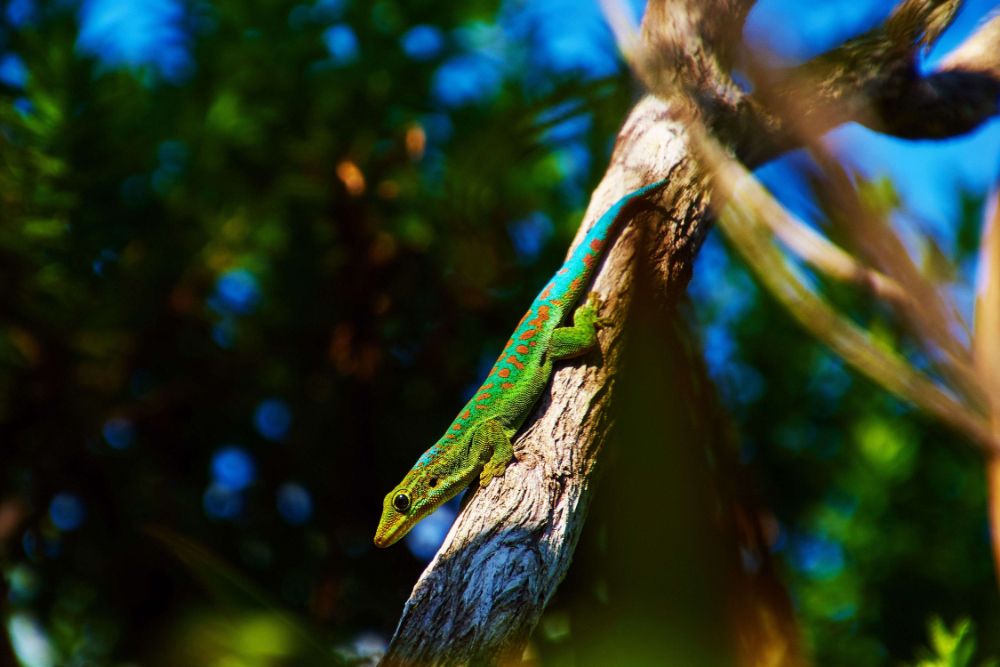
Raising pupils' awareness about dry forest issues
The educational part of the project was interrupted in March due to health measures related to COVID-19. However, various workshops were organized from September 2019 to March 2020, in order to raise awareness among pupils, from third to fifth grade, on the fragility of Reunion's natural environments and the means implemented to preserve them. These educational programs took place in the towns of Saint-Denis, La Possession and Le Port. For these school children, the dry forest example is a starting point for learning global notions about sustainable development and the preservation of the Reunion natural heritage.
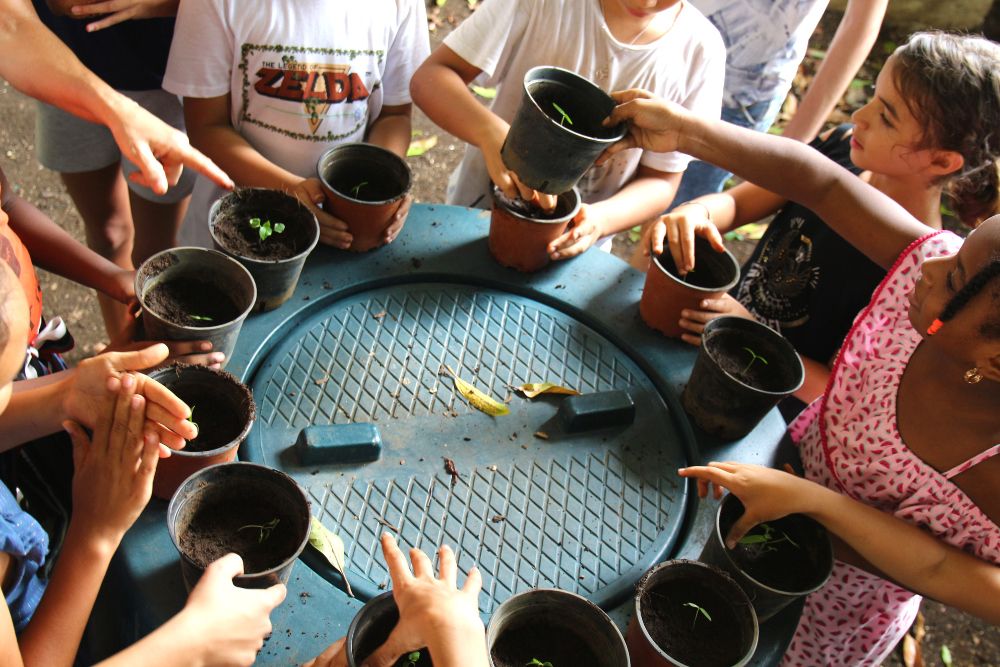
We are counting on you to help us achieve the final goal of the project ! Plant trees in 3 clicks in the Reunion Island and contribute to the preservation of a natural heritage, unique in the world.
To learn more
Discover the interview of Pascal Truong, our project coordinator in the Reunion Island!